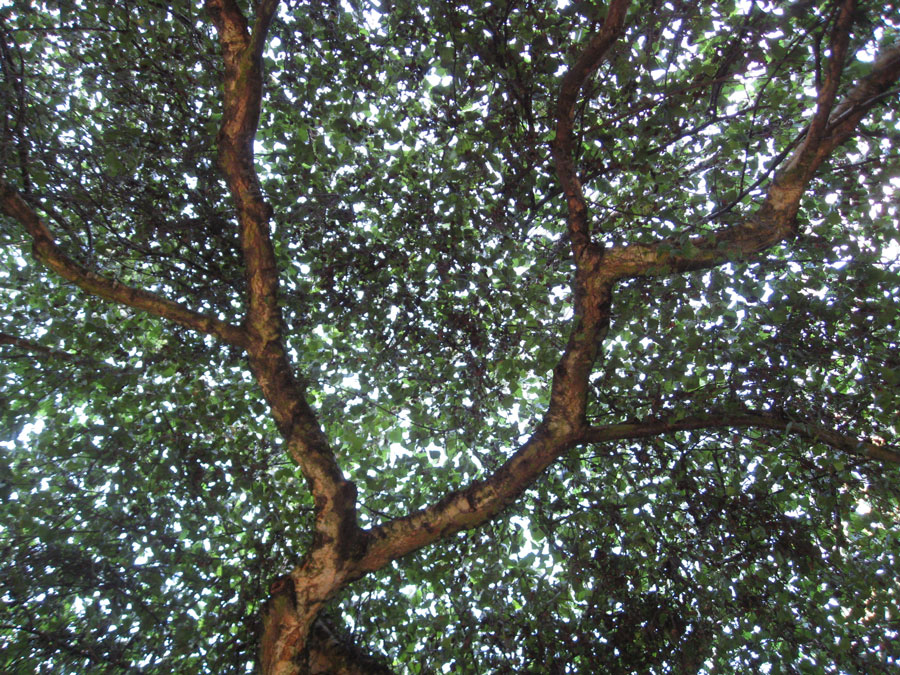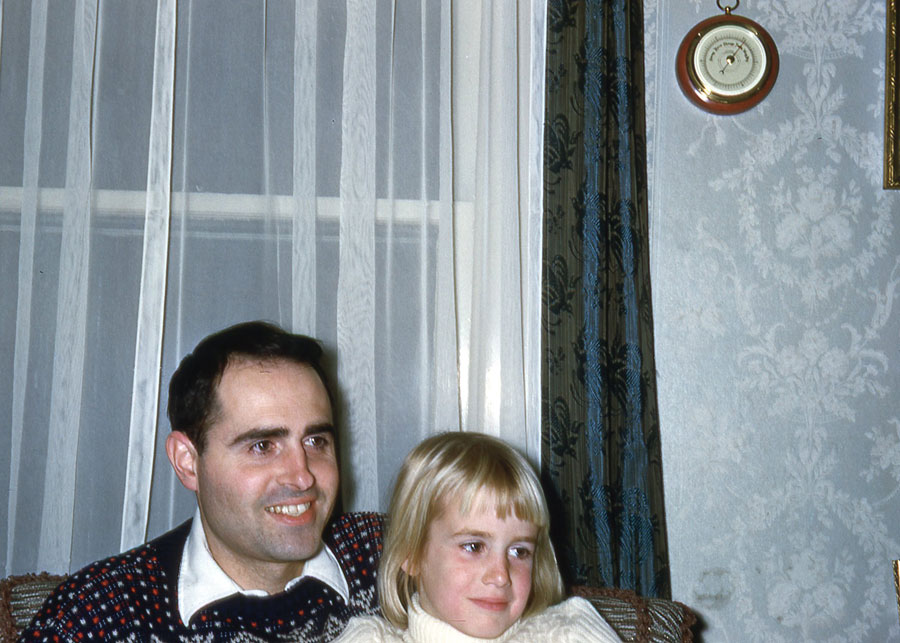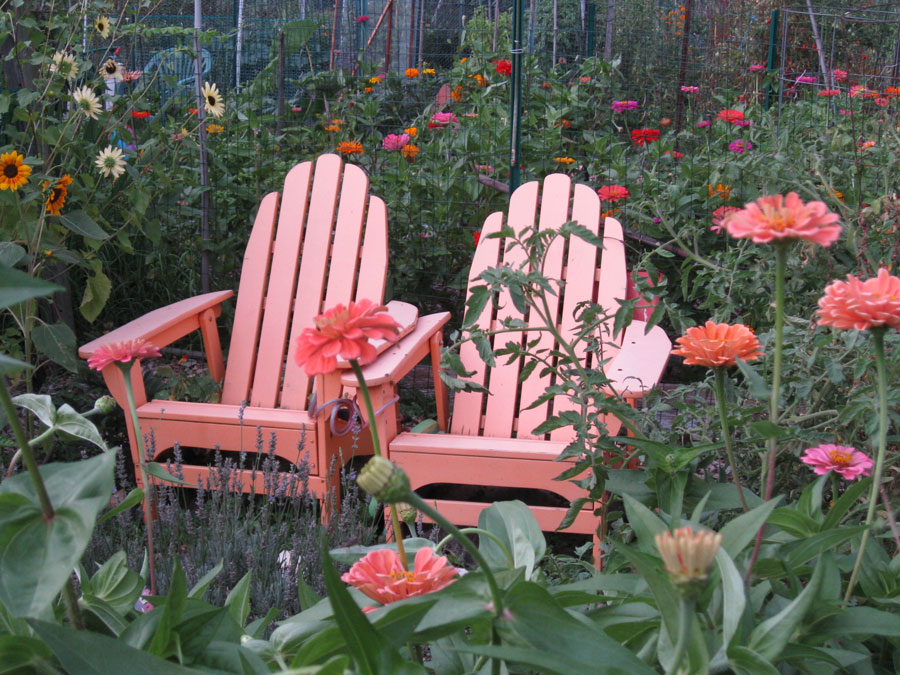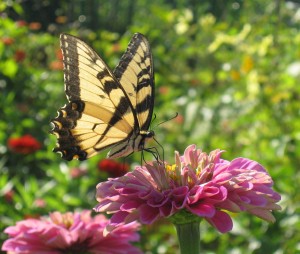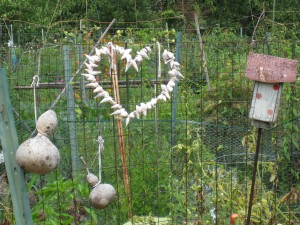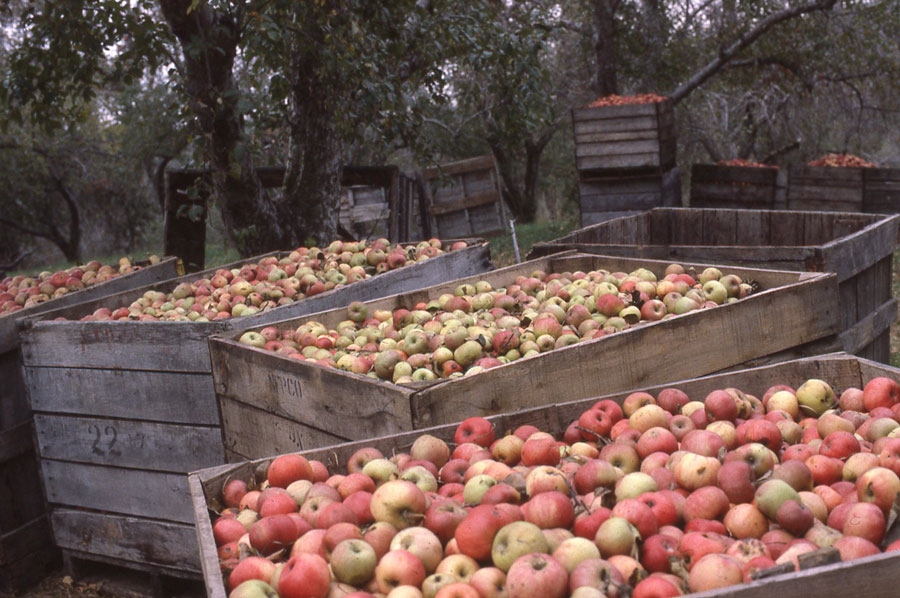
Here in D.C. where the locals don’t even look up when the Presidential chopper thrums over the rooftops, the glory of autumn is sometimes enough to make even the most jaded policy wonks take a moment to inhale the elixir of crisp leaves and hushed fog that signals a tilt in the planet.
It’s time to stop and smell the apples.
And, as far as I’m concerned, you can keep your Golden Delicious, your Galas and HoneyCrisps. MacIntosh is better as a computer, and Romes aren’t worth the seizing any day.
The richness of Virginia’s apple heritage is sometimes overlooked, especially now in these days when Big Agra dictates an algorithm for marketability based on ease of production, transportation and storage at the expense of taste and texture.
Yes, I’m talking about Stayman. Not the new-fangled Stayman-Winesap hybrids, which ruin the best features of each of those two honored heritage cultivars, but the true old Stayman apple, which grows on a tree a little too big for the practices of modern mass fruit production. A Stayman tree has character, like the apples it produces. It’s a taste once acquired never forgotten.
During the last six years while I was living in the Pacific Northwest, a region that takes pride in its apples, I despaired of finding a true Stayman apple. They simply don’t grow them out there. And when I came back to Virginia to visit, I was alarmed by the disappearance of the roadside stands where I used to be able to count on finding Staymans and Yorks for my pie baking. I was told that times had changed and no one was planting the old varieties anymore.
But this week the farmer who drives up each weekend from Ruckersville and sells his produce at the corner near our building had a big bin of Stayman apples.
I do believe in Virginia, Santa.
This year, my October runneth over. The D.C. area has a lot to be excited about.The Nationals, with the best record in Major League Baseball, are in the playoffs, the first time D.C has had a baseball team advance so far since 1933. And Baltimore, our sister city, not to be outdone, earned a wildcard entry into the playoffs. Football still dominates the sports pages here, but local baseball is finally enjoying some respect.
And of course there’s that election year buzz, crackling and spitting like a downed power line across the road. That never gets old.
The slanting light spilling through the golden tree canopy that remains a defining feature of the city in spite of the damage from the June derecho casts an enchantment that, to those susceptible, redeems the abrasive jangle of political agendas.
After all, in a few weeks the election will be over, and we can get on with our pies.
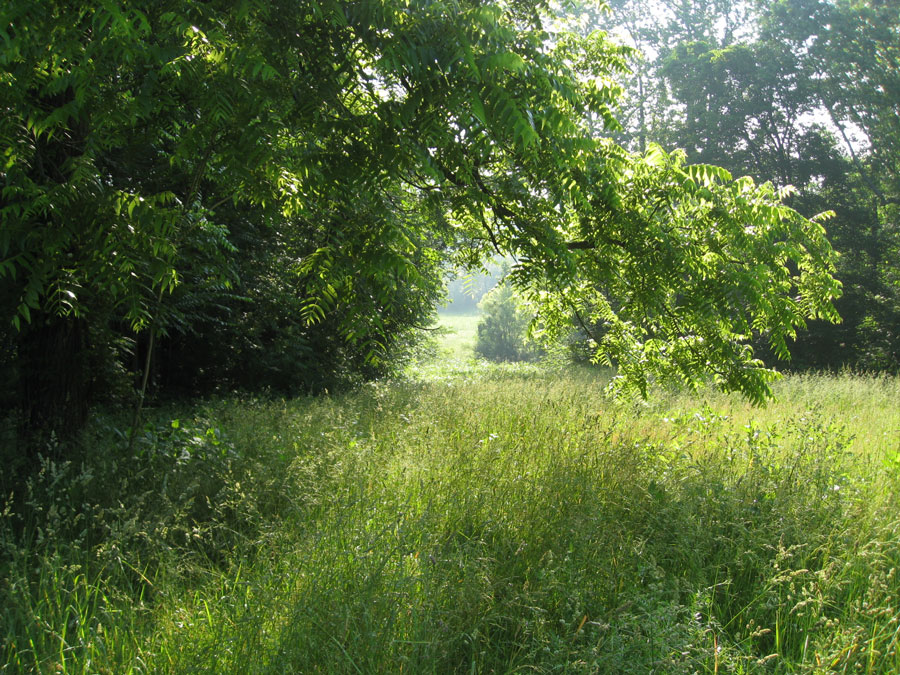 Chapters Fifteen and Sixteen of The Greening are out now. Read them
Chapters Fifteen and Sixteen of The Greening are out now. Read them 